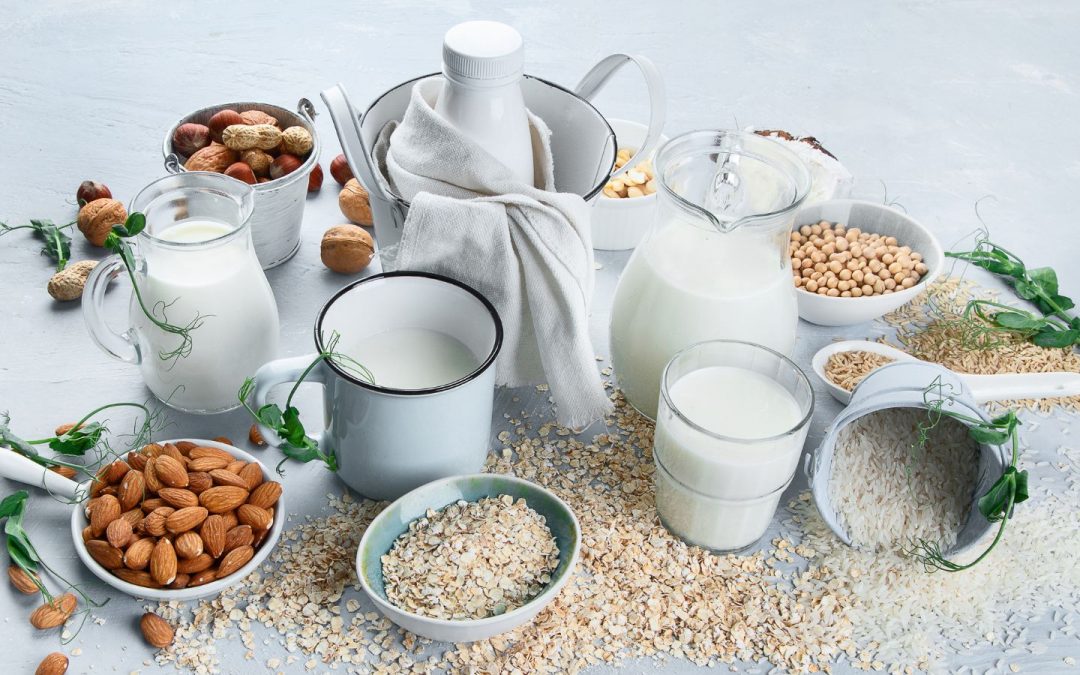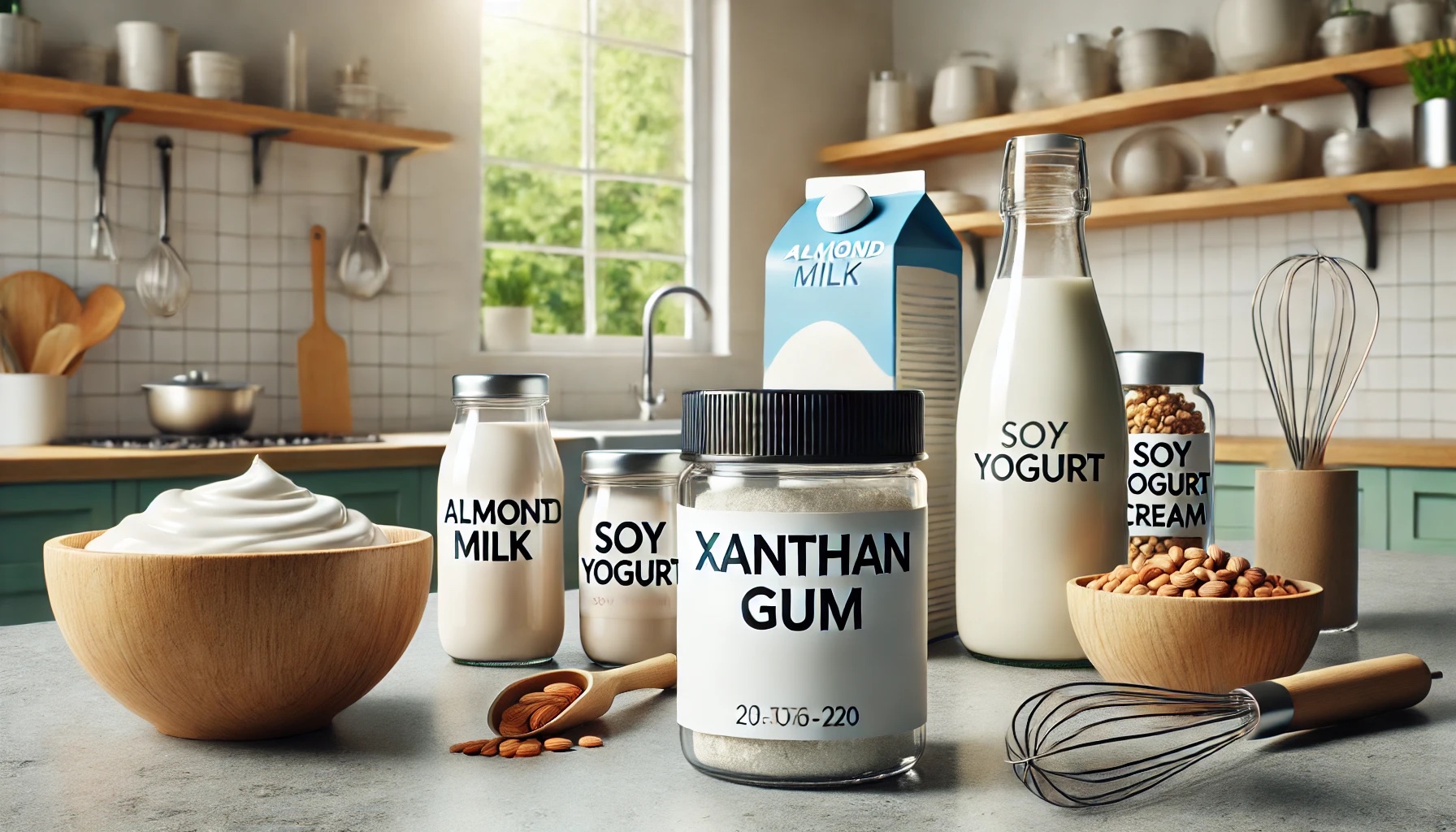What Are Collagen Peptides, and Why Are They Popular in Beauty, Fitness, and Wellness Products?
Collagen peptides are hydrolyzed proteins derived from collagen, which is the primary structural protein in the human body. They are produced by breaking down collagen into smaller peptide chains, making them more easily absorbed by the body. Collagen peptides have gained significant popularity in beauty, fitness, and wellness products due to their ability to support skin health, joint function, muscle recovery, and overall well-being.
Key Benefits of Collagen Peptides:
- High Bioavailability: Due to their low molecular weight, collagen peptides are highly bioavailable, meaning they are quickly absorbed into the bloodstream and reach target tissues such as skin, cartilage, and muscles.
- Rich in Essential Amino Acids: Collagen peptides contain amino acids such as glycine, proline, and hydroxyproline, which are critical for maintaining skin elasticity, connective tissue strength, and joint health.
- Versatility: Collagen peptides can be easily incorporated into various products, including powders, creams, supplements, and beverages, making them suitable for diverse beauty, fitness, and wellness applications.
How Are Collagen Peptides Enhancing Beauty Products?
Collagen peptides are increasingly being incorporated into beauty products to promote skin health, improve hydration, and reduce the signs of aging.
Skin Elasticity and Firmness:
- Boosting Collagen Production: Collagen peptides stimulate fibroblasts, the cells responsible for producing collagen in the skin. This enhances collagen synthesis, which helps improve skin elasticity and firmness. As we age, natural collagen production declines, leading to wrinkles and sagging skin. Collagen peptides help counteract these effects.
- Reduction in Fine Lines and Wrinkles: Studies have shown that regular consumption of collagen peptides can reduce the appearance of fine lines and wrinkles. This is due to their ability to replenish collagen stores in the dermis, the layer of skin responsible for maintaining structural integrity.
Improved Skin Hydration:
- Enhancing Skin Moisture Levels: Collagen peptides have a hygroscopic (water-attracting) nature, which means they can improve skin hydration by drawing moisture to the skin. This helps in maintaining a healthy skin barrier, which prevents moisture loss and keeps the skin plump and hydrated.
- Strengthening the Skin Barrier: A strong skin barrier is essential for preventing environmental damage, irritation, and dryness. Collagen peptides help fortify the skin’s natural defenses, improving its resilience against pollutants and UV damage.
Applications in Topical and Ingestible Beauty Products:
- Collagen Creams and Serums: Topical products infused with collagen peptides are designed to penetrate the outer layers of the skin, providing hydration and promoting collagen synthesis in the epidermis. These products are popular in anti-aging skincare lines.
- Ingestible Beauty Supplements: Collagen peptide powders, capsules, and drinks are widely marketed as beauty supplements. They work from the inside out by delivering collagen peptides to the skin through the bloodstream. Ingestible collagen has become a major trend in beauty due to its convenience and visible results.
How Are Collagen Peptides Revolutionizing Fitness Supplements?
In the fitness industry, collagen peptides have become a crucial ingredient for enhancing muscle recovery, improving joint health, and supporting overall athletic performance.
Muscle Recovery and Repair:
- Supporting Muscle Protein Synthesis: While collagen peptides are not a complete protein, they play a vital role in muscle recovery by aiding in the repair of connective tissues and muscle fibers. Their amino acid profile supports the regeneration of extracellular matrix components, which are essential for muscle function and integrity.
- Reduction of Exercise-Induced Muscle Soreness: Collagen peptides help reduce delayed onset muscle soreness (DOMS) by supporting the repair of microtears in muscle tissue, which occur after intense exercise. Athletes who consume collagen peptides regularly experience quicker recovery times and less post-exercise discomfort.
Joint Health and Mobility:
- Strengthening Tendons and Ligaments: Collagen peptides have a direct impact on the health of tendons and ligaments, which are heavily involved in joint movement and stability. By promoting the synthesis of collagen in these tissues, collagen peptides help improve joint flexibility and reduce the risk of injury.
- Reducing Joint Pain: Athletes, particularly those engaged in high-impact sports, often suffer from joint pain and stiffness. Collagen peptides have been shown to reduce joint pain by enhancing cartilage production and maintaining joint cushioning, leading to improved joint function and mobility.
Prevention of Sports Injuries:
- Support for Connective Tissues: Regular supplementation with collagen peptides strengthens the connective tissues surrounding muscles, tendons, and ligaments. This fortification reduces the likelihood of strains, sprains, and other injuries common in athletic activities.
- Accelerated Healing of Injuries: Collagen peptides also play a role in speeding up the recovery process following sports injuries. They support the regeneration of damaged tissues, helping athletes get back to their routines faster.
Popular Fitness Products Incorporating Collagen Peptides:
- Protein Powders: Collagen protein powders are now a staple in fitness supplements. They are often combined with other protein sources, such as whey or plant-based proteins, to provide a comprehensive solution for muscle recovery and tissue repair.
- Joint Health Supplements: Collagen peptide capsules and powders specifically formulated for joint health are popular among athletes and fitness enthusiasts looking to maintain mobility and prevent injuries.
What Role Do Collagen Peptides Play in the Wellness Industry?
Collagen peptides are also being widely adopted in the wellness sector due to their holistic benefits for skin, hair, nails, and overall health.
Hair and Nail Health:
- Strengthening Hair: Collagen peptides provide essential amino acids that contribute to the strength and structure of hair. They support the production of keratin, the protein responsible for hair growth, thickness, and resilience.
- Promoting Nail Growth: Collagen peptides have been shown to strengthen nails, making them less prone to breakage and promoting faster growth. This benefit is particularly popular in wellness products targeting individuals seeking to improve the appearance of their nails.
Gut Health and Digestive Support:
- Supporting the Gut Lining: Collagen peptides play a role in maintaining gut health by supporting the integrity of the gut lining. The amino acid glycine, found in collagen peptides, is known for its ability to repair damaged gut tissue, making collagen peptides beneficial for individuals with leaky gut syndrome or inflammatory bowel conditions.
- Promoting Healthy Digestion: Collagen peptide help improve digestive health by promoting the secretion of gastric juices, which aid in the breakdown and absorption of nutrients. This makes them a valuable addition to wellness products targeting digestive support.
Bone Health and Aging:
- Maintaining Bone Density: Collagen is a major component of bone tissue, and collagen peptides contribute to maintaining bone density as individuals age. They stimulate osteoblasts, the cells responsible for bone formation, which helps in preventing age-related bone loss and conditions like osteoporosis.
- Supporting Healthy Aging: Collagen peptide are often marketed as an anti-aging supplement due to their ability to improve skin elasticity, reduce wrinkles, and support joint and bone health. As a result, they are a popular ingredient in wellness products targeting individuals looking to maintain their youthfulness and vitality.
How Are Collagen Peptides Being Integrated into Functional Foods and Beverages?
The versatility of collagen peptide has led to their inclusion in a wide range of functional foods and beverages, catering to consumers who prioritize beauty, fitness, and wellness in their diets.
Collagen-Infused Beverages:
- Beauty Drinks: Collagen peptide are frequently added to beauty drinks, which are designed to improve skin health, hydration, and elasticity. These beverages are often fortified with vitamins, minerals, and antioxidants to enhance their skin-boosting properties.
- Fitness Shakes: In the fitness sector, collagen peptide are included in protein shakes and recovery drinks, providing athletes with the amino acids needed for post-workout recovery and muscle repair.
- Bone Broth and Collagen Soups: Bone broth, a rich source of natural collagen, has become a popular wellness food. Collagen peptides are often added to enhance its nutritional content, making it a convenient source of collagen for those looking to support joint, bone, and skin health.
Collagen-Enhanced Snacks and Bars:
- Protein Bars: Collagen peptide are now a common ingredient in protein bars, offering a convenient way for individuals to increase their collagen intake on the go. These bars cater to both fitness enthusiasts looking for muscle recovery benefits and wellness consumers seeking anti-aging support.
- Functional Snacks: Collagen peptide are also incorporated into snacks like cookies, crackers, and gummies, making it easy for consumers to integrate collagen into their daily diet without disrupting their routine.
What Are the Future Trends for Collagen Peptides in Beauty, Fitness, and Wellness?
As the demand for collagen peptide continues to grow, there are several emerging trends that indicate their future role in beauty, fitness, and wellness products.
Personalized Nutrition:
- Tailored Collagen Supplements: The trend of personalized nutrition is leading to the development of customized collagen supplements tailored to individual health goals, such as skin health, joint support, or muscle recovery. These products offer personalized formulations based on consumer preferences and specific needs.
Sustainable and Plant-Based Alternatives:
- Sustainability Focus: As environmental concerns become more prominent, there is a growing interest in sourcing collagen from sustainable, eco-friendly sources. Marine collagen, derived from fish skin and scales, is one such alternative that is gaining traction for its low environmental impact.
- Plant-Based Collagen Boosters: While true collagen can only be derived from animal sources, plant-based collagen boosters are emerging as a vegan-friendly alternative. These products contain nutrients that support the body’s natural collagen production, such as vitamin C, silica, and amino acids.








